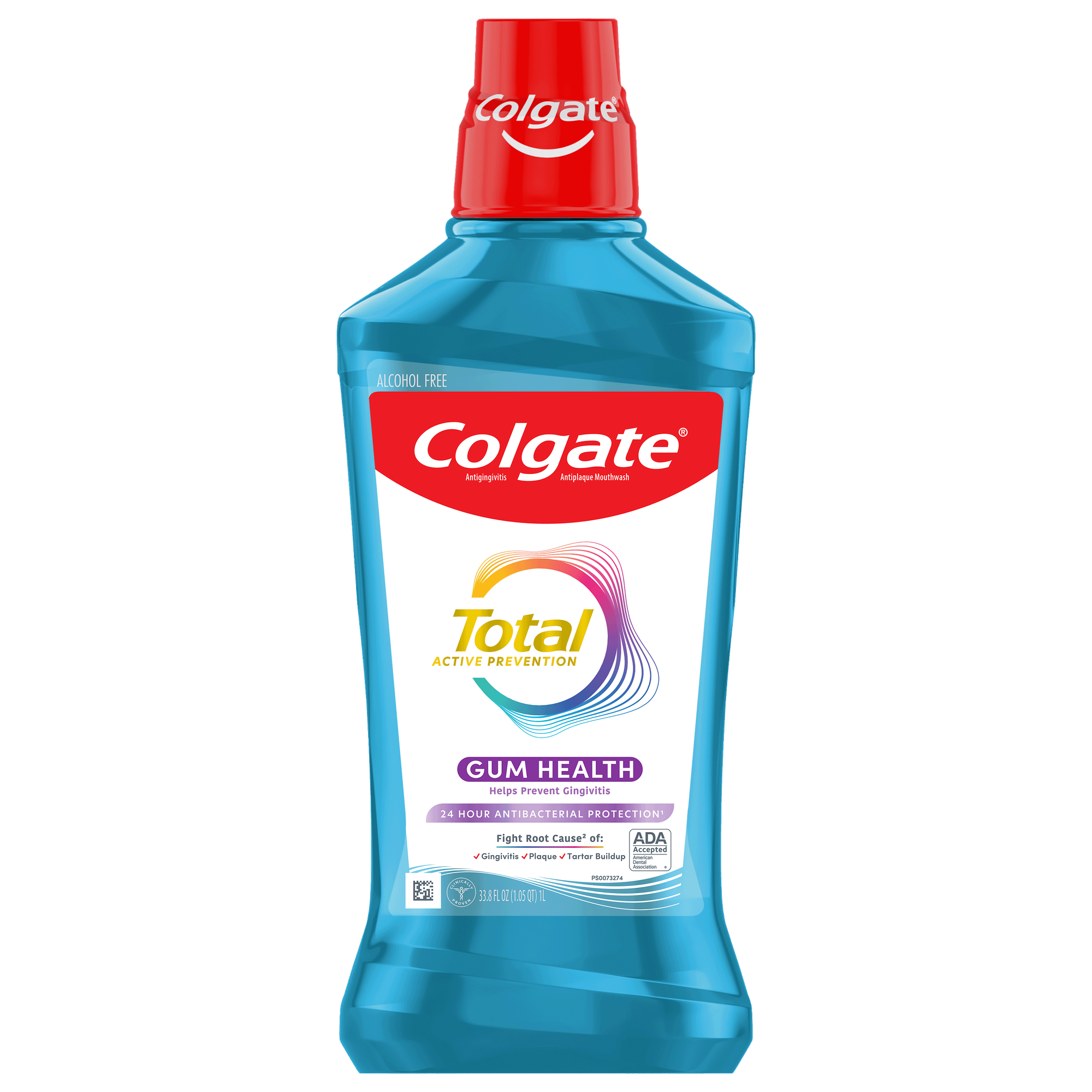Types of Anesthesia
By discussing your options with your dentist, you can decide what type of anesthesia is best for you and your treatment. Your dentist will be trained in administering anesthesia and will be able to ensure you are safe throughout the procedure.
- Local anesthesia or novocaine. Novocaine is the generic term used to describe any injectable local anesthetic agent that temporarily deadens the nerves to treat an area of the mouth. Rest assured, the numbness should last through the entire procedure!
- Sedation. Sedation may be achieved through pills and liquids taken orally or through nitrous oxide (sometimes called "laughing gas"), which is inhaled through the nose. Sedative agents don't put you to sleep, but rather temporarily alter your perception and relax you. You are awake the entire time and feel calm. Sedative agents are often used in conjunction with novocaine.
- General anesthesia. General anesthesia is used when a patient needs to be unconscious for the procedure to be conducted effectively. It is typically used for patients with extreme phobias or special needs and for invasive procedures, such as the removal of wisdom teeth.
How Long Does Novocaine Last?
Novocaine is typically used for any dental procedures likely to cause discomfort, such as fillings, root canals, crown preparations and surgical procedures, such as extractions, gum surgery and the placement of dental implants. The effects of novocaine can last as short as an hour, but long-acting novocaine can last up to half a day. How long the numbing effect lasts depends on the specific agent used. No matter what type of novocaine is used during your appointment, it lasts long enough for the procedure to be completed.
The numb feeling is only temporary. During your visit, your dental professional will let you know how long you can expect the novocaine to last.
How Novocaine Works
Novocaine comes in both gel and liquid forms. The gel form is used as a topical anesthetic to make injections more comfortable, and the liquid form is injected into the tissues to achieve local anesthesia. The injection is done very gently with a syringe.
Novocaine works by stopping the transmission of nerve impulses from the area being treated to the brain. It acts like a temporary roadblock, preventing any nerve impulses from getting through so that your treatment can be performed without you feeling anything.
Although extremely safe, novocaine should not be used in some instances. Before beginning treatment, your dentist will review your medical health questionnaire to determine any potential risks. If you are allergic to certain substances, have a history of problems with local anesthesia or are pregnant, they will work with you to form the best treatment plan.
Effects of Novocaine
While you are still experiencing the effects of novocaine, take precaution to avoid accidentally biting your cheek or tongue. You should therefore not attempt to eat anything until the anesthesia has completely gone away. This is an especially important consideration for children.
The after effects of novocaine are usually very minimal. You may feel a slight tingling sensation as the effects of the anesthetic diminish and you begin to feel the affected area as usual again. You may also feel temporary numbness in areas beyond the treatment zone. You dentist will give you post-treatment instructions and invite you to call them if you have any questions.
Thanks to novocaine, dentistry can help people get the oral care they need while ensuring they stay comfortable. Your dental team has all the necessary equipment and expertise to make your treatment a pleasant and positive experience.
This article is intended to promote understanding of and knowledge about general oral health topics. It is not intended to be a substitute for professional advice, diagnosis or treatment. Always seek the advice of your dentist or other qualified healthcare provider with any questions you may have regarding a medical condition or treatment.
ORAL HEALTH QUIZ
What's behind your smile?
Take our Oral Health assessment to get the most from your oral care routine
ORAL HEALTH QUIZ
What's behind your smile?
Take our Oral Health assessment to get the most from your oral care routine
















